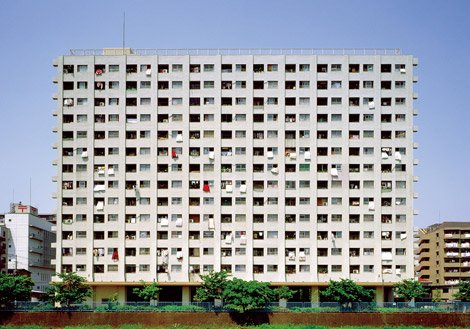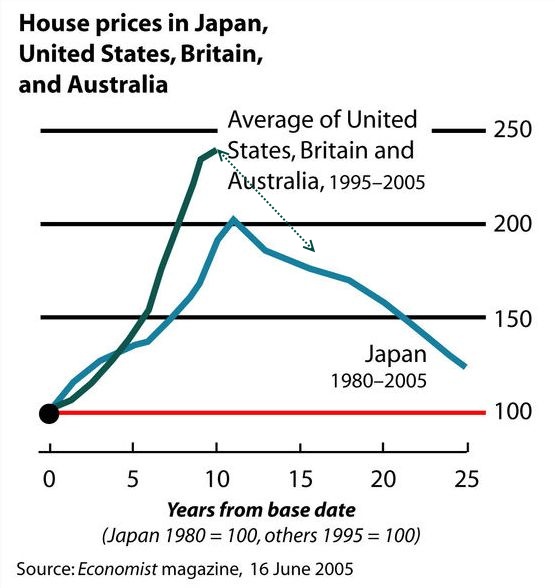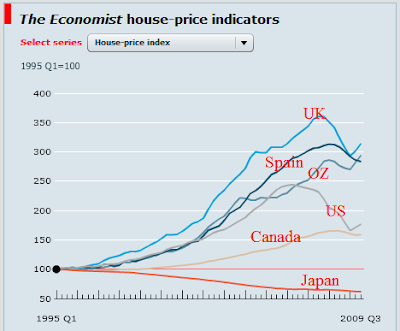This is interesting. I don't know if I have heard anyone on this forum say they include their home equity in their portfolio value for purposes of firecalc or other financial calculators.
How does this work? Do you plan on liquidating your house or reverse mortgaging it as part of your financial planning, or is it basically another safety net in your planning?
I guess in a way the consensus here is overly conservative in that we don't typically include the potential for a reverse mortgage in our planning. I know I always have that choice, but it would be more of a last resort I guess.
Safety net. I figure it will be for sale when I'm on my way into the old folks home. To be clear, I also run Firecalc without it. I have a relatively inexpensive home ($180-200k), so it doesn't have a huge impact.
If you want your full picture money is parked in your house, and your home value does appreciate.




